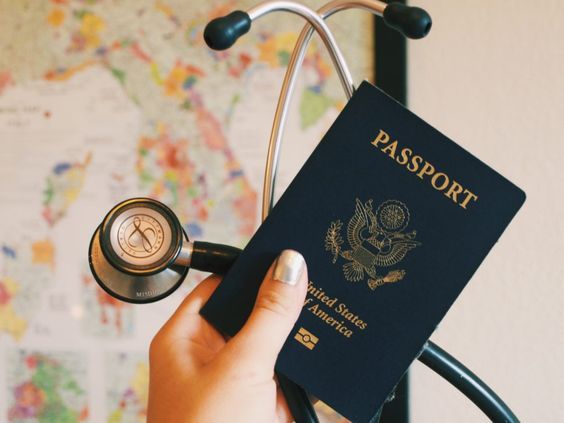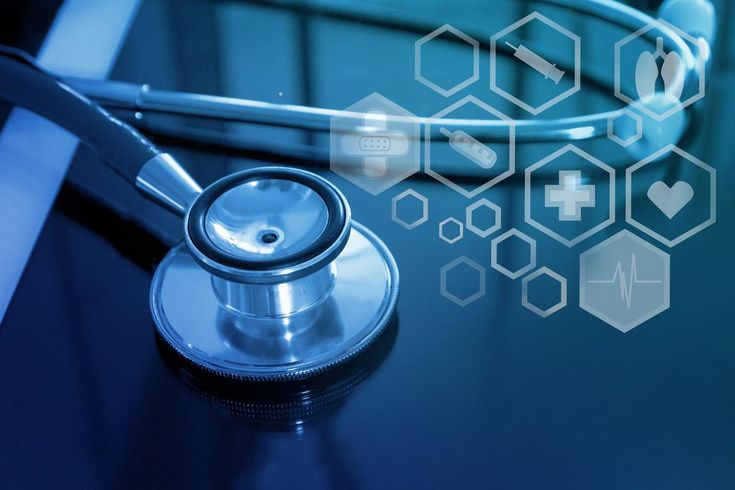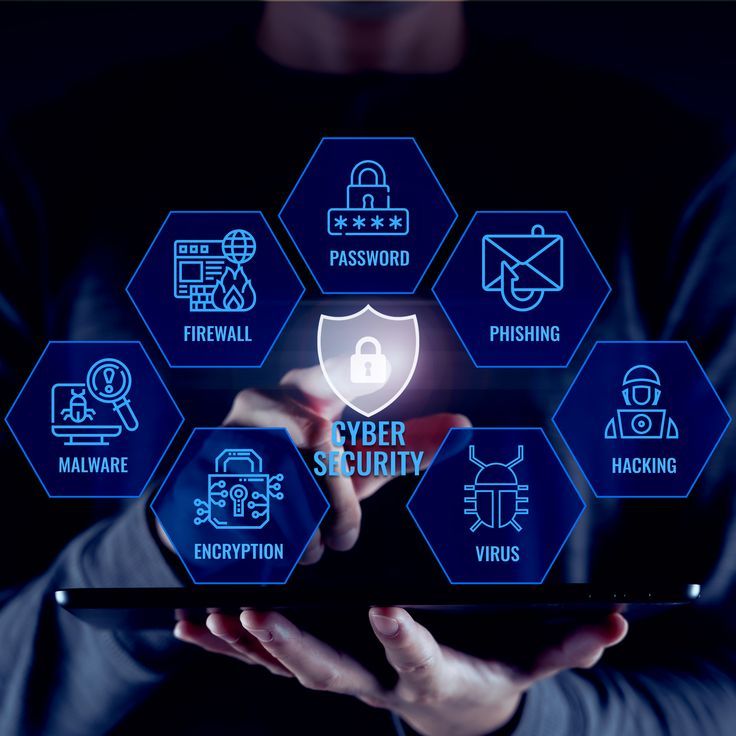As the healthcare industry continues to evolve, the role of travel nurses has become increasingly dynamic and challenging. In addition to clinical expertise, travel nurses must possess a variety of technology skills to excel in their profession. Whether you’re working in a bustling urban hospital or a remote rural clinic, these tech skills are crucial to ensure smooth operations and effective patient care.
But what are the necessary technology skills that every travel nurse should have? In this article, I’ll outline the essential tech skills you need to be successful as a travel nurse, from mastering electronic health records (EHR) systems to navigating telehealth platforms. These skills will not only enhance your efficiency but also ensure you’re well-equipped to meet the demands of a fast-paced, ever-changing healthcare environment.
Why Technology Skills Matter for Travel Nurses
In today’s healthcare landscape, technology plays a central role in ensuring that patient care is effective, efficient, and secure. As a travel nurse, you are likely to encounter a wide range of healthcare facilities, each with its own systems, tools, and procedures. Being tech-savvy will help you quickly adapt to new environments, integrate with existing teams, and maintain high standards of patient care.
You may also like this What is the Last Phrase of Technology?

The right technology skills can also enhance your mobility as a nurse. Healthcare institutions are increasingly relying on tech-driven solutions for patient management, remote monitoring, and telemedicine. By possessing these skills, you become a more valuable asset to employers and are better equipped to thrive in a variety of healthcare settings.
Key Technology Skills Every Travel Nurse Should Master
1. Electronic Health Records (EHR) Systems
One of the most critical technology skills for any healthcare provider today is proficiency with Electronic Health Records (EHR) systems. These digital systems store and manage patient data, such as medical history, medications, lab results, and treatment plans. As a travel nurse, you’ll likely encounter different EHR platforms depending on the healthcare facility. Some of the most widely used systems include Epic, Cerner, Meditech, and Allscripts.
Why is it important? Mastering EHR systems is essential because they allow for quick access to patient records, streamline documentation, and enhance communication between healthcare providers. With EHRs, nurses can review patient histories, track progress, and ensure accuracy in treatments and medications. Familiarity with EHR software will also reduce errors, save time, and increase patient safety.
2. Telemedicine Platforms
Telemedicine has seen exponential growth, especially in response to the COVID-19 pandemic. Travel nurses often find themselves working in facilities that incorporate telehealth services, offering virtual consultations or remote monitoring of patients. Familiarity with telemedicine platforms, such as Zoom for Healthcare, Teladoc, and Doxy.me, is crucial for providing seamless care to patients who may not be physically present.
Why is it important? Telemedicine allows travel nurses to extend care to patients remotely, even in underserved areas. It can also help nurses provide follow-up care and consultations without needing to be physically present, saving time and resources for both patients and healthcare facilities.
3. Mobile Health (mHealth) Applications
Mobile health applications are becoming increasingly prevalent in healthcare. From tracking vital signs to managing chronic conditions, mHealth apps are useful tools for travel nurses to provide more personalized care. Apps like Epocrates, UpToDate, and Medscape allow nurses to quickly access drug information, medical references, and clinical decision support tools, making it easier to stay up-to-date with treatment protocols.
Why is it important? These apps help travel nurses stay organized, informed, and efficient while providing high-quality patient care. They can enhance decision-making, provide quick access to relevant clinical guidelines, and enable easy communication with patients regarding their health management.
4. Medical Device Proficiency
In the clinical environment, travel nurses often interact with a variety of medical devices, from infusion pumps to vital sign monitors. Understanding how these devices work and knowing how to troubleshoot basic issues is crucial for maintaining smooth operations. Devices may vary from hospital to hospital, so being flexible and adaptable with new equipment is key.
Why is it important? Proficiency with medical devices ensures that nurses can administer treatments and manage patient care effectively. Being able to troubleshoot and operate these tools with confidence not only helps provide timely and safe care but also reduces the chances of device-related errors.
5. Healthcare Data Security and Privacy
Travel nurses handle sensitive patient data daily, which makes knowledge of healthcare data security paramount. Understanding the Health Insurance Portability and Accountability Act (HIPAA) guidelines, encryption methods, and secure data transfer practices is necessary to protect patient confidentiality. Ensuring that all patient records and communications are secure is essential to maintaining trust and avoiding legal complications.
Why is it important? As a travel nurse, you may work in various hospitals with different protocols, but all require adherence to strict privacy regulations. Being well-versed in these guidelines ensures that you are compliant and that patient data remains secure, which ultimately leads to better patient trust and safety.
How to Improve Your Technology Skills as a Travel Nurse
The healthcare industry is constantly evolving, and so are the technologies used to support patient care. As a travel nurse, staying current with the latest tools and platforms will make you more adaptable and in demand. Here are some steps you can take to improve your technology skills:

1. Take Online Courses and Certifications
There are many online platforms offering specialized courses in healthcare technology. Websites like Coursera, LinkedIn Learning, and Medscape provide courses on EHR systems, telemedicine, healthcare security, and more. By taking these courses, you can gain expertise in various healthcare technologies that will enhance your ability to adapt quickly to different environments.
2. Learn About Common Medical Software
If you haven’t already, familiarize yourself with the most commonly used medical software systems. EHR systems such as Epic, Cerner, and Allscripts are standard in many hospitals and clinics. Learning how to use these platforms will make it easier for you to hit the ground running when you start a new assignment.
3. Stay Updated with mHealth Innovations
Mobile health technology is advancing rapidly, and keeping up with new apps and devices will help you provide better care. Subscribe to industry blogs, attend webinars, and follow developments in mobile health technology to stay informed about the latest trends.
Pros and Cons of Technology in Travel Nursing
Pros of Technology in Travel Nursing
- Improved Efficiency: Technology allows travel nurses to streamline documentation, improve workflows, and access real-time patient data quickly.
- Enhanced Patient Care: With telemedicine and mobile health tools, nurses can provide timely and personalized care, even in remote locations.
- Better Collaboration: Technology fosters better communication between travel nurses and healthcare teams, leading to more effective care coordination.
Cons of Technology in Travel Nursing
- Learning Curve: New technology platforms can be challenging to master, especially if you’re moving between different healthcare systems.
- Technical Issues: Dependence on technology can sometimes lead to issues such as system outages or device malfunctions, disrupting patient care.
- Privacy Concerns: While technology enhances communication and care, it also raises concerns about data security and patient privacy.
Comparison Table: Key Technology Skills for Travel Nurses
| Feature | Electronic Health Records (EHR) | Telemedicine | Mobile Health Apps | Medical Devices |
| Importance | High | High | Medium | High |
| Learning Curve | Moderate | Low to Moderate | Low | High |
| Impact on Patient Care | Very High | Very High | High | High |
| Cost of Training | Moderate | Low | Low | High |
| Frequency of Use | Daily | Moderate to Daily | Moderate | Moderate |





